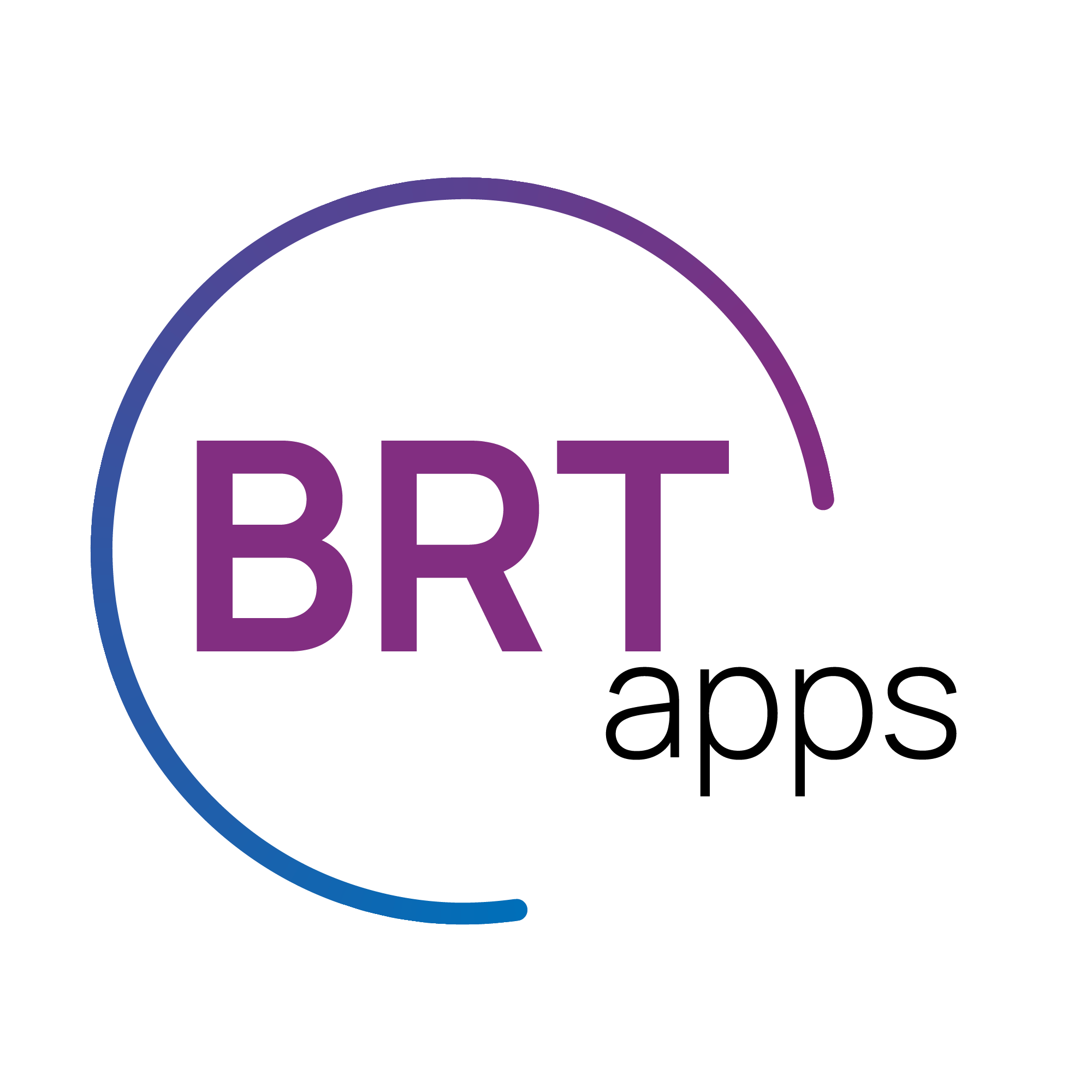One of the biggest requests from the Nov 13 & 14 webinars was a link to the presentation recording. After or while viewing the recording please consider signing up for CBMSkills today if you haven’t already created your free teacher account. To learn more about software and events from Behavioral Research and Teacher, COE, UO, please browse this site.
Click below to view the webinar recording:
Questions and Answers from the Webinar Sessions
Q: I work with middle school students working on Elem. Goals. Will easyCBM skills benefit them?
A: Yes, if their skill levels are within the difficulty areas represented in CBMSkills.
Q: What if I already have and EASYCBM account?
A: Go ahead and sign up and sign in with CBMSkills.com
Q: Can we see the questions and answers that the student are doing?
A: Yes. That’s the cool part of the teacher reports. Full item reviews are available.
Q: Will this take the place of easyCBM?
A: No. It is designed to be complementary with easyCBM but with a deeper dive into specific skills.
Q: Does EasyCBM Skills replace EasyCBM for the lower grade/ability levels?
A: No. It’s a complement.
Q: If you assign a module, does it test the student in this skill set?
A: Yes, each CBMSkills module contains many, many items. Students can attempt modules many times, with the goal of reaching mastery: Bronze, Silver, and hopefully Gold medals.
Q: If a student needs to be progress monitored weekly and the teacher runs out of tests is it okay to repeat modules
A: Yes, CBMSkills modules can be repeated.
Q: Are there plans for reading comprehension help?
A: Maybe in the future. We need to lock this version down first.
Q: I saw the Placement Test. Does that automatically create a module once they take it?
A: No. We will be recommending modules in the near future, perhaps as part of a Deluxe edition.
Q: Are progress monitoring graphs provided to chart student growth over time?
A: We anticipate adding a new student focused report to the system by the end 2023.
Q: How often do you recommend students spend in the CBMSkills program?
A: Let students and their performance be your guide. It is possible to get meaningful performance information with as little as 5-10 minutes every other day.
Q: Where do we submit feedback or ideas?
A: We love to hear from teachers: email us at support@cbmsills.com, and also look for future webinars and other opportunities.
Q: What is your advice with using this with children with different abilities?
A: Let students be your guide. Aid students wherever or whenever your believe it is needed so students have full access. We designed CBMskills to bridge assessment with interventions.
